Preventative maintenance is widely accepted as best practice for avoiding larger problems down the road. Catching the early signs, like responding to that dashboard alert in your car, just makes sense.
Now imagine if we treated ourselves with that same preventative maintenance mentality?
The current mental health thinking allows individuals to careen towards complete mechanical breakdown. We routinely miss the early signs of trouble both for ourselves and for our teammates. Perhaps we don’t see the issues. Maybe we don’t know how to approach the conversation.
But there are costs to not knowing and not addressing these early signs of strain….
Individual cost.
Our athletes pay the ultimate price, of course. Stressors pile up and individuals turn to all varieties of coping mechanisms. Substance abuse, eating disorders, depression and anxiety are commonplace in athletics, sometimes at rates higher than in the general population. And given the pressures to appear “tough,” there’s an unspoken incentive to keep quiet on anything that might betray the appearance of exterior strength. The end result is that the unresolved difficulties may continue to spiral until they cannot be ignored any longer. The time to recover is much longer if allowed to progress to a crisis point.
Team cost.
There’s a consequence for the other team members as well. They may internalize this culture of silence. If they aren’t given an example of what proactive support looks like, they won’t be able to mirror it in their other relationships or in their other teams in the future. There’s also a potential that teammates might come down harder on the struggling athlete as it’s perceived as a lack of focus or skill that is hampering team performance. Thus, at a time when an individual is already down, the team may inadvertently be adding weight to the situation.
Industry cost.
We are witnessing this cost in the news recently. If we habitually ignore the signs of mental distress in sport, we miss the really important traumas buried in the silence. Imagine if the early signs of distress were noticed and not ignored? Ideally, these incidents would be uncovered quickly and addressed immediately without the veil of silence and shame protecting the abusers. It would quickly make the culture of sport inhospitable to those who would try to take advantage of those at a power disadvantage.
NHL Executive, Kim Davis, was quoted recently on SportsNet:
“I think the greatest challenge is taking these moments where we learn about something that is not a proud moment for us and turning it into a teachable moment. These moments are really about the bigger movement and staying focused on that and using these moments of despair, whether it's around abuse or discrimination, as a moment for us to listen and to say, “What can we do to up our game even more?”
What can we do to up our game even more?
From our perspective at HONE, we need to prioritize proactive mental health strategies. We have built a literal dashboard that provides those early warning signals and are committed to helping guide coaches through the important conversations.
We need to make the shift because the cost of not knowing is too high.
HONE Athletics wants you to know we're here to support you in developing WHOLE athletes.
Unsure how to get started in supporting your athletes' mental health? How can you approach the conversations when they are needed to be had? What advice can you give when asked by your athletes?
Sign up below to receive our blog updates OR contact us to discuss how the HONE Athletics platform might benefit your organization or team.

